Panic attacks are a common occurrence for many individuals, particularly during the night when we are most vulnerable. These episodes can be both frightening and disruptive to our sleep, ultimately impacting our overall well-being. In this blog, we will explore what night time panic attacks are, why we experience them and provide several effective solutions for managing them at night. With a deeper understanding of these anxiety episodes and practical tips for coping, you’ll be better equipped to maintain peace and tranquility during the night.
Understanding Night Time Panic Attacks
A panic attack is a sudden episode characterised by an overwhelming sense of fear, anxiety or discomfort. At its core, a panic attack is a biological response involving a surge of adrenaline that activates the body’s fight-or-flight mechanism. This response can result in a wide range of physical and psychological symptoms that can be deeply distressing
These symptoms can include:
- Rapid heartbeat
- Sweating
- Trembling or shaking
- Shortness of breath
- Chest pain
- Dizziness or lightheadedness
- Nausea
- Fear of losing control or going crazy
- Fear of dying
These symptoms typically peak within minutes and then subside, but the fear and anxiety associated with panic attacks can linger.
The Causes of Night Time Panic Attacks
Night time panic attacks, also known as nocturnal panic attacks can occur for a variety of reasons, such as:
Sleep-related issues: Panic attacks can be triggered by conditions like sleep apnea or hypopnea, which disrupt breathing during sleep.
Anxiety: Heightened anxiety levels during the day can make you more susceptible to panic attacks at night.
Stress: High levels of stress can contribute to panic attacks, particularly when the body is trying to relax.
Genetic predisposition: Some individuals may have a genetic predisposition to anxiety disorders, making them more susceptible to panic attacks.
Or simply it could be the only chance in the day your brain has to process your feelings, causing them to come flooding in, in an out of control way, causing you to wake feeling naturally overwhelmed with a panic attack.
Managing Night Time Panic Attacks
To effectively manage panic attacks during the night, consider the following strategies
Practice good sleep hygiene: Establish a consistent bedtime routine, create a comfortable sleep environment and avoid stimulating activities before bed. I say this time and time again, don’t underestimate what your mind and body needs.
Develop relaxation techniques: Practice deep breathing exercises, progressive muscle relaxation or mindfulness meditation to help calm the mind and body.
Maintain a regular exercise routine: Regular exercise can help regulate the body’s stress response and reduce overall anxiety levels.
Seek professional help: If panic attacks persist, consider consulting with a mental health professional to explore possible underlying issues and develop a comprehensive treatment plan. Get help today with Donna Morgan.
Frequently Asked Questions
Can caffeine consumption trigger night time panic attacks?
Yes, caffeine is a stimulant that can increase anxiety levels and contribute to panic attacks, particularly if consumed close to bedtime (we are not saying you have to give up your morning cup of joy!). Consider reducing caffeine intake or switching to non-caffeinated beverages, especially during the evening.
How can I prevent panic attacks from happening again?
While it may not be possible to completely prevent panic attacks, maintaining a healthy lifestyle, practicing relaxation techniques and managing stress levels can help reduce their frequency and severity. If panic attacks persist, consult with a mental health professional.
Are night time panic attacks dangerous?
Though panic attacks can feel frightening, they are generally not harmful. However, they can negatively impact your quality of life and sleep. Addressing the underlying causes and learning coping strategies can help alleviate their impact on your well-being.
Can medications help with night time panic attacks?
In some cases, medications such as anti-anxiety drugs or antidepressants may be prescribed to help manage panic attacks. Always consult with a healthcare professional before starting any new medication.
Are you looking for more information about how to stop panic attacks at night? Get in touch with Donna Morgan today for professional help.


